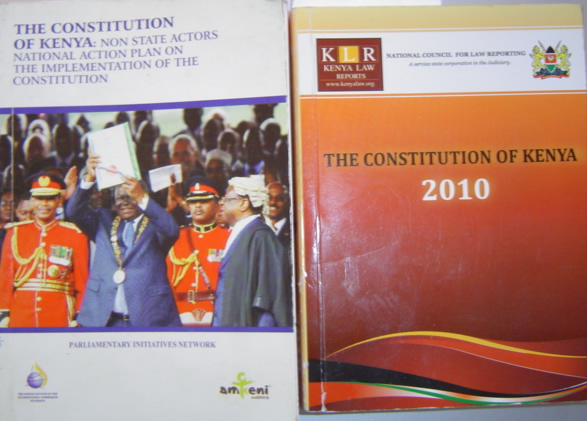Similarities between Kenya and Zimbabwe are just too many to be ignored
Lessons and challenges from the coalition government of Zimbabwe and Kenya brought together civil society representatives from the two nations under the weeklong Utetezi exchange visit in Zimbabwe. Kenya’s civil society members are in Zimbabwe to share experiences particularly in areas of national healing and reconciliation, governments of national unity and the constitution making process. The similarities between the two nations are just too many to ignore as the social, political and economic challenges experienced by both nations depict a similar picture. The two nations were once colonised by Britain and they both inherited badly written constitutions, which failed to address marginalization and injustices perpetrated during the pre and post-colonial era. The failed promises of independence saw further marginalisation of people and alienation of fertile land as the political elite amended and manipulated the constitution for personal gain.
Political power is now being used as a gateway to riches as the majority continue to wallow in poverty.
One can easily describe these coalition governments currently running both nations as initiatives brought about not out of good faith, but out of frustration. Zimbabwe, just like Kenya shares the same history of rejected constitutions. In 2000 Zimbabwe passed a “NO” vote over a constitution, which they regarded as not people driven and the same happened in Kenya in 2005 when President Mwai Kibaki tried to fast track a constitution, which had no input from the people. The same debatable issue around executive powers of the president, land, devolution of power, accountability, the re-structuring of the political system, the rule of law characterise the constitution making history of the two nations.
The exchange visit also focused on the role of civil society in shaping political discourse. The recent crack down of dissenting voices in Zimbabwe, particularly the politicisation of the work of civil society indicates the growing concern over the urgent need for reforms. Zimbabwe’s civil society was urged not to lie dormant but take its rightful place in society.
The journey to national healing and reconciliation resulted in the formation of the Organ on National Healing in Zimbabwe and the adoption of the Human Rights Commission, which recently came under fire for lack of independence and capacity. One speaker said that “change is not an activity but a process”, the current transitional period, which Zimbabwe is currently going through, could be compared to the situation where Kenya was ten to fifteen years ago. A constitution can remain a piece of paper unless it is put to use to solve the social, political and economic problems facing the nation. And if the nation is to progress political leaders need to drop self-aspirations and question the status quo.

Pocket sized printed versions of the Constitution are distributed in Kenya.

